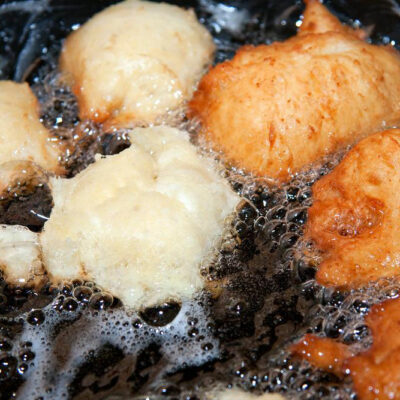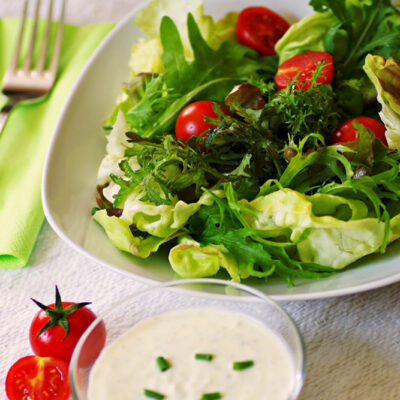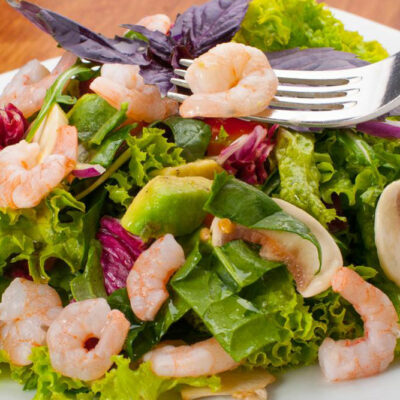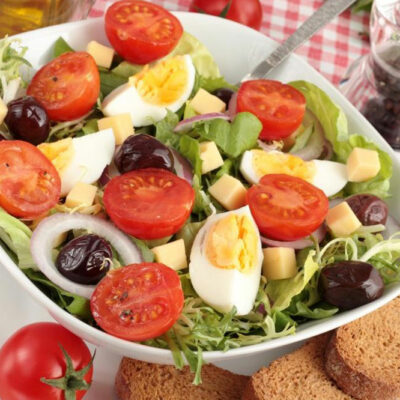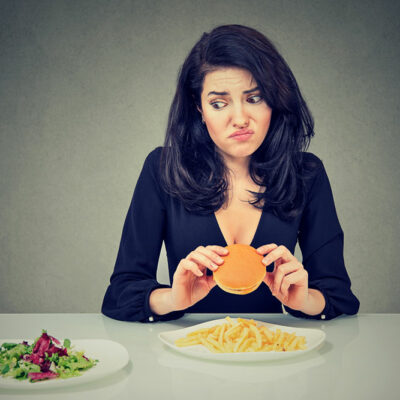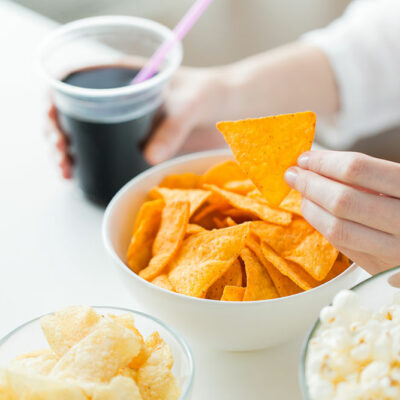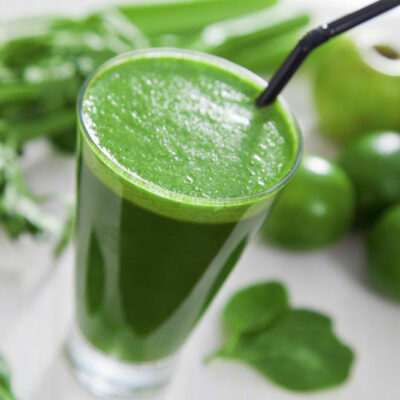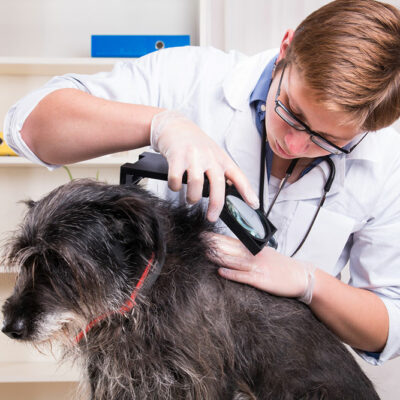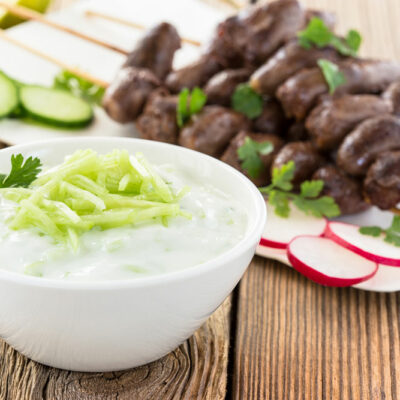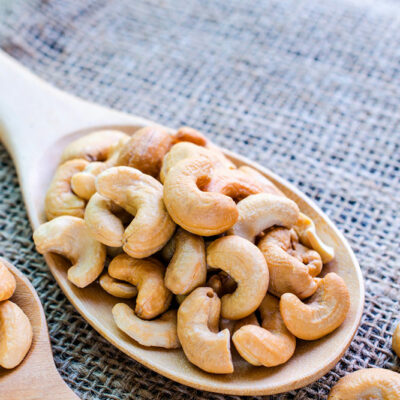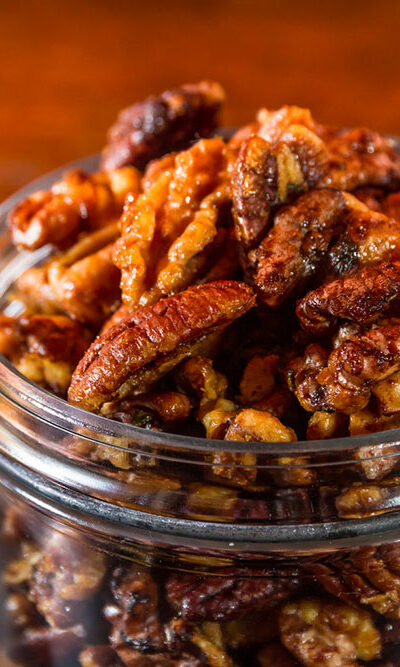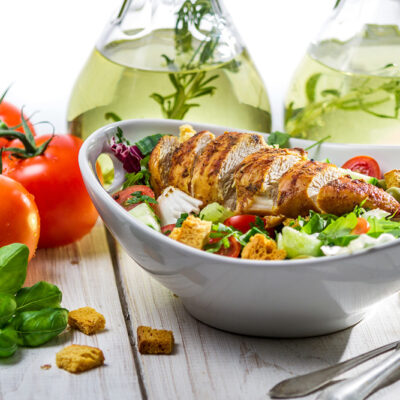
Diets & Meal Plans
4 Foods to Eat for Migraine
The severity and duration of a migraine attack tend to vary from person to person. For some individuals, the pain may subside within a few hours, while it may last for a couple of days for others. Coping with debilitating pain and constant nausea can be extremely challenging. The diet you follow can either help you get relief from the symptoms or worsen the condition. Read on to know about the food items you should consume when you have a migraine to help you deal with the symptoms: Magnesium-rich food As per clinical studies, magnesium plays an important role in the treatment and prevention of migraines. It has been reported that most people who are prone to attacks have low magnesium levels. Increasing the intake of magnesium can yield positive results in such individuals. By including magnesium-rich foods in your diet, you can lower the likelihood of an attack and also get relief from the pain during a migraine episode. Increase your intake of food items like brown rice, green leafy vegetables, nuts and grains, roasted pumpkin seeds, dried apricot, and avocado to alleviate the symptoms of a migraine. Ginger Since time immemorial, people have used ginger for migraine treatment.
Read More 